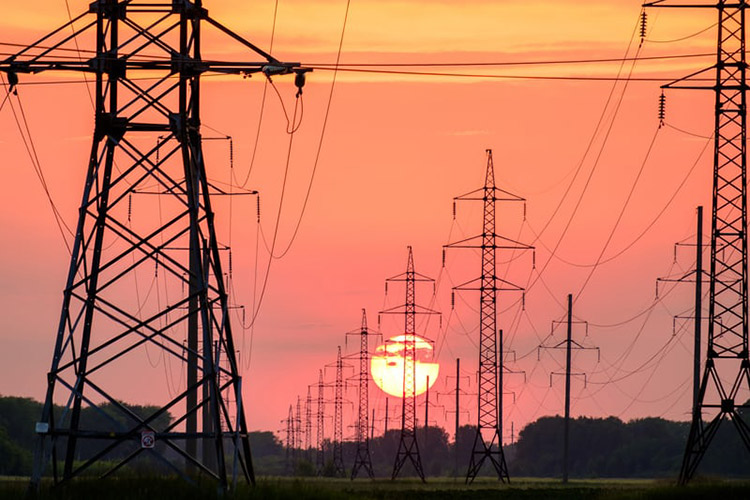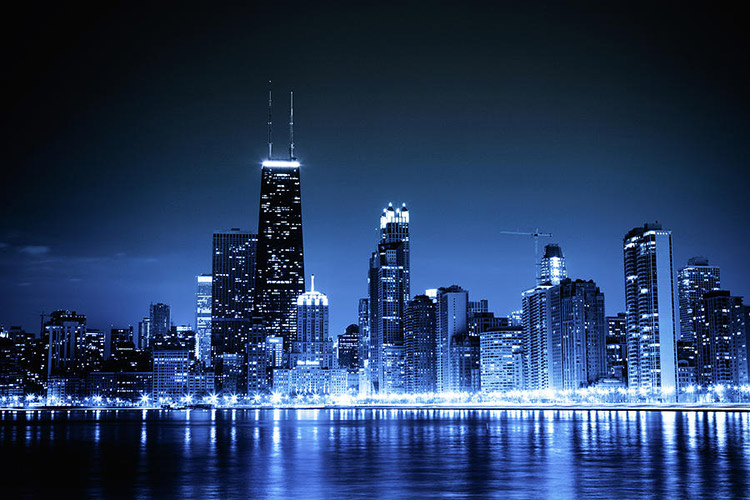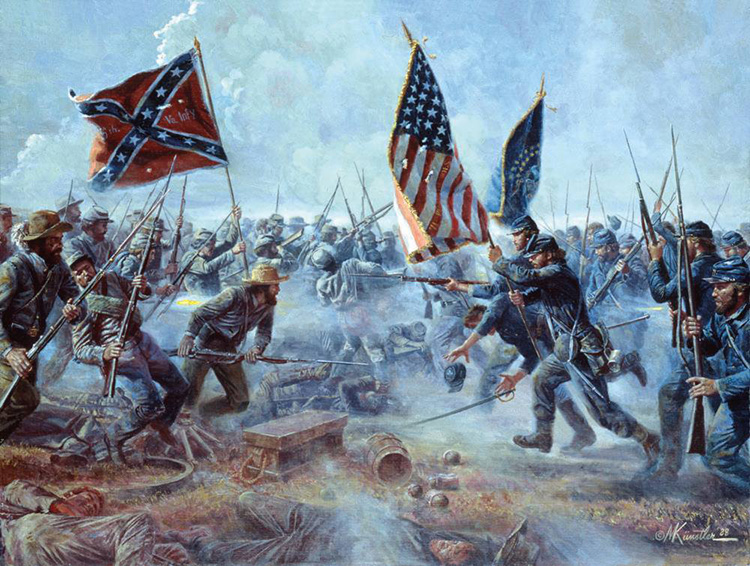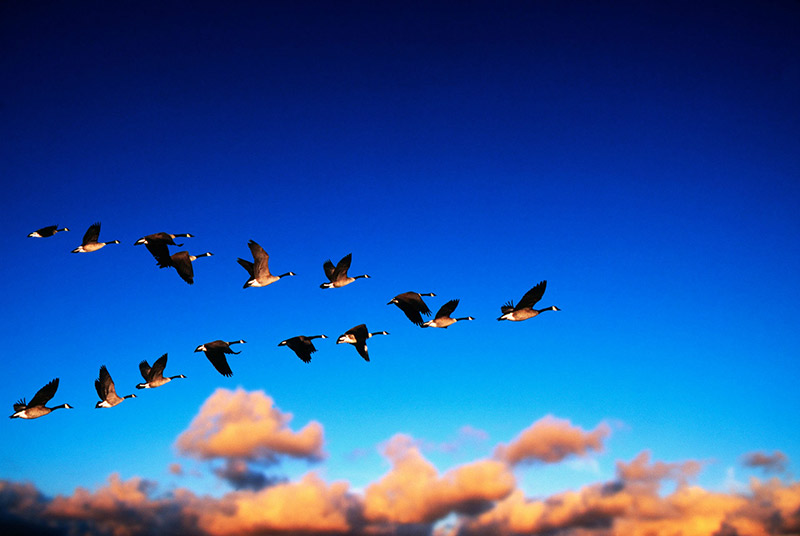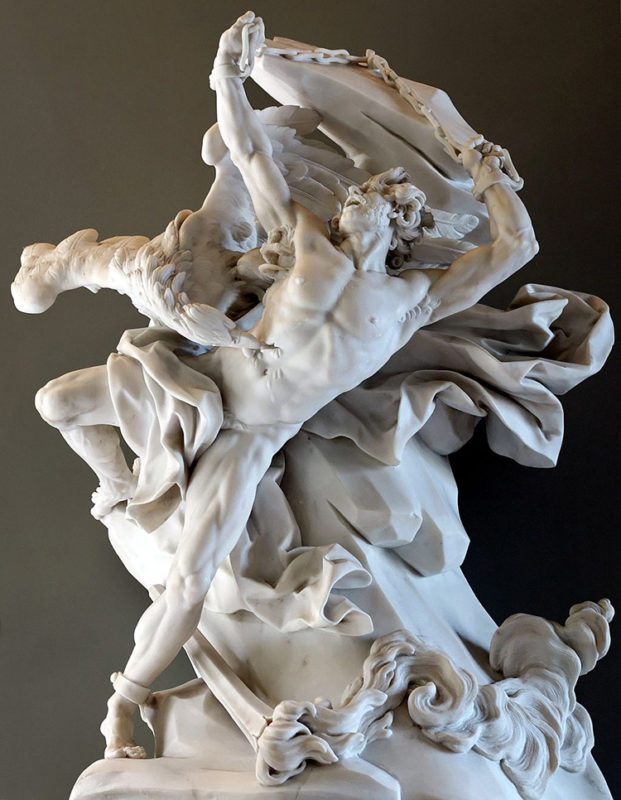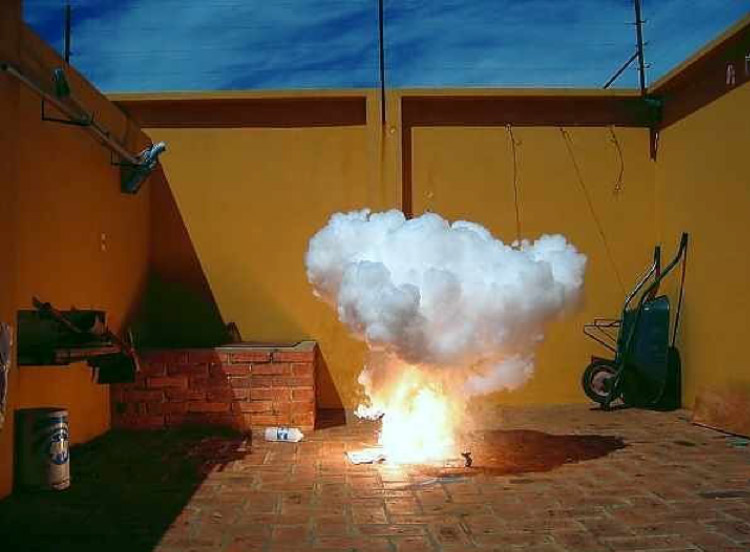The Power & Light Company
Under the Used and Useful Principle
a public utility may charge customers
only for assets that are used and useful
in providing service to those who pay for it:
power plants, transmission lines, the sum total
of what it takes to deliver power and light.
Most of those with needs for power and light
in their lives work from a different principle.
Power—prerogative with impunity—is total
by nature, not a thing to sell to customers.
Those who gain it keep it. Having it
befits them, whether used or useful.
Light, on the other hand, is useful
when it gives illumination; think how light
reflecting off the moon reveals it, renders it.
Whether gaining and keeping is the principle
or giving is, matters to customers.
The one’s cost, the other’s benefit is total.
Can those receiving service unbundle the total,
choosing the light, which is nothing if not useful,
but not the power which is not for sale to customers
in any case? Does having the light
without the power offend some principle
of commerce? If so, are we compelled to honor it?
We know from history, which is replete with it,
that power abhors what it can’t control: total
antipathy portends the death of principle.
If we take only the light, can it be useful
without the power? If not, of what use is the light?
That is the quandary for customers.
And face it, our lot is to be customers:
Something received, things taken in return for it.
Light without power or power without light.
How do we keep the dark from turning total
when we ourselves would be the used and useful?
When giving our lives a purpose is the principle?
Caveat emptor, customers. The game is total,
your lives for it: You will be used if you are useful.
But as to power and light, let light be principal.
John Barr/Innisfree Poetry Journal
The Power & Light Company Read More »

